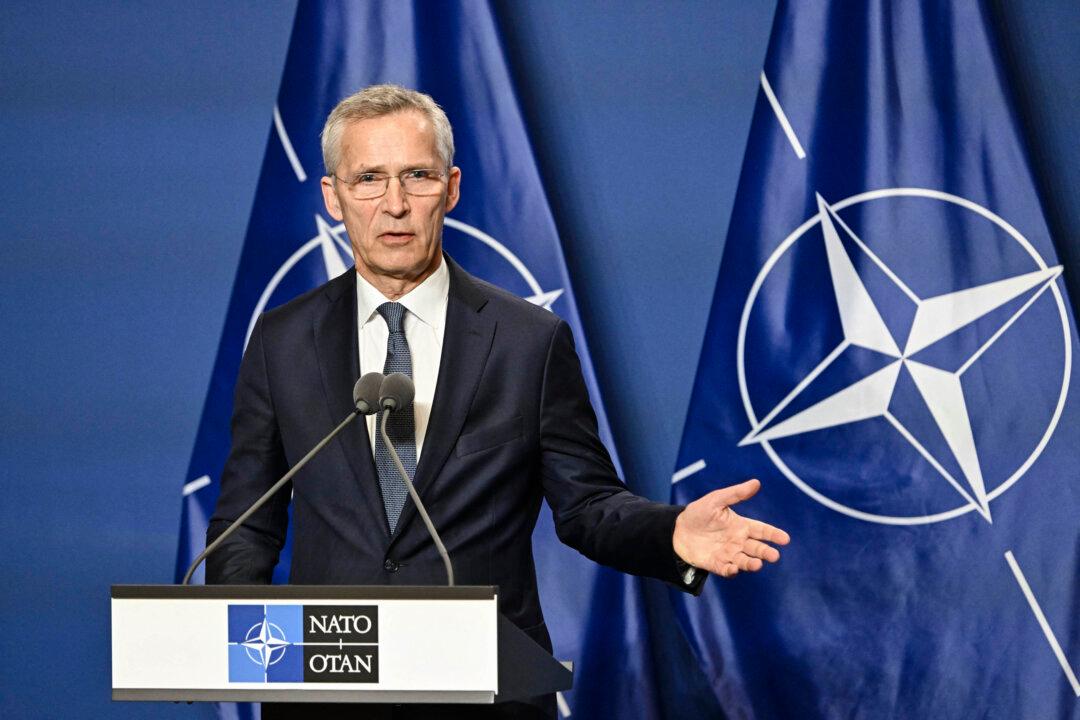Communist China is the primary partner to Russia in its war against Ukraine, according to NATO Secretary-General Jens Stoltenberg.
“China is the main supporter of Russia’s war effort in Europe, in Ukraine,” Mr. Stoltenberg said during a virtual address to the Wilson Center think tank on June 17.




